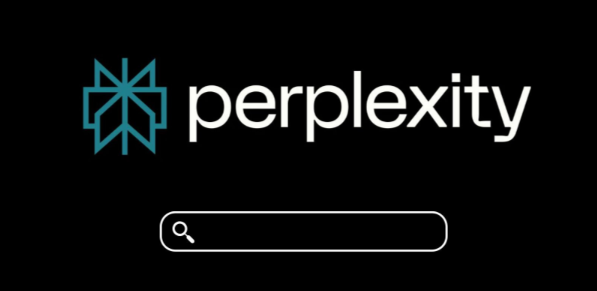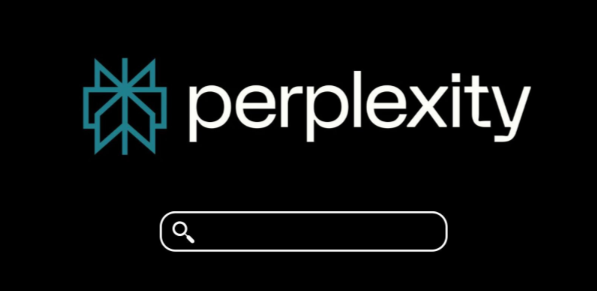What Are Hallucinations in Perplexity AI Browser?
In the world of AI, 'hallucination' refers to a model generating information that appears logical but is actually incorrect or made up. Perplexity AI browser hallucination issues typically show up when the AI answers user queries by inventing facts, mixing up concepts, or even producing non-existent references. This not only affects user trust but also creates challenges in information retrieval. Especially in fields like academia, medicine, and law, where accuracy is critical, AI browser hallucinations can have serious consequences.
Causes Behind Hallucination Issues
The roots of Perplexity AI browser hallucination issues mainly include:
Limited training data: AI models rely on massive datasets, but these can be biased or incomplete, leading the model to 'fill in the blanks'.
Inference mechanism flaws: Most mainstream AI uses probabilistic reasoning, so when faced with uncertainty, it often generates the 'most likely' answer, not necessarily the correct one.
Lack of real-time updates: Some AI browsers do not update their knowledge base frequently, resulting in outdated or inaccurate responses.
Vague user input: When user queries are unclear, AI is more likely to hallucinate.
The Impact of Hallucinations and Accuracy Issues
Perplexity AI browser hallucination issues affect not just casual users but also professionals. For example, students may cite AI-generated fake data in essays, doctors could reference incorrect medical advice, and business leaders might make poor decisions based on hallucinated reports. The consequences can be severe. Understanding and being alert to the risks of AI browser hallucinations is essential for every user.

How to Effectively Tackle Perplexity AI Browser Hallucination Issues?
If you want to use an AI browser safely and effectively, follow these five detailed steps, each of which is crucial:
Verify information from multiple sources: Never rely solely on the AI browser's answer. For important or professional matters, check with reputable websites or academic databases. For example, use PubMed for medical questions or official legal sources for law. Always compare at least two different sources to avoid being misled by hallucinated content.
Optimise your queries: Be as specific and clear as possible when asking questions. Instead of 'Who won the 2022 World Cup?', try 'Please list the official source for the 2022 World Cup winner.' This reduces the chance of the AI browser making things up and increases accuracy. For complex queries, break them into steps to minimise confusion.
Stay updated on AI browser versions: Regularly check Perplexity AI browser release notes and community feedback to learn about new features and known bugs. Updates often address some hallucination issues and improve accuracy. Join official communities or subscribe to newsletters for the latest information.
Use feedback mechanisms to improve AI quality: When you spot a hallucination, use the built-in feedback tools to report it to the developers. Quality feedback helps improve the model and reduce future hallucinations. Describe the scenario clearly and, if possible, include screenshots or links to help the tech team address the issue.
Set reasonable expectations for use cases: For tasks requiring high accuracy, treat the AI browser as a supplementary tool, not your only source. For academic writing, medical diagnosis, or legal advice, always have a professional review the AI's suggestions. For everyday questions, feel free to experiment and explore to boost efficiency and fun.
Future Trends and User Recommendations
As AI technology advances, Perplexity AI browser hallucination issues are expected to decrease. Developers are introducing stronger data filtering and fact-checking algorithms to make models more reliable. On the user side, keep learning about AI tools, follow industry trends, and balance convenience with caution. This way, you can leverage AI's benefits while avoiding its pitfalls. ??
Conclusion
In summary, Perplexity AI browser hallucination issues are a growing pain in the evolution of AI browsers. By understanding their causes and effects and mastering smart strategies, you can navigate the digital age with confidence. With ongoing technical improvements and user feedback, AI browsers will only get smarter and more reliable. Enjoy the convenience of AI, but always think critically and let technology empower your life.







